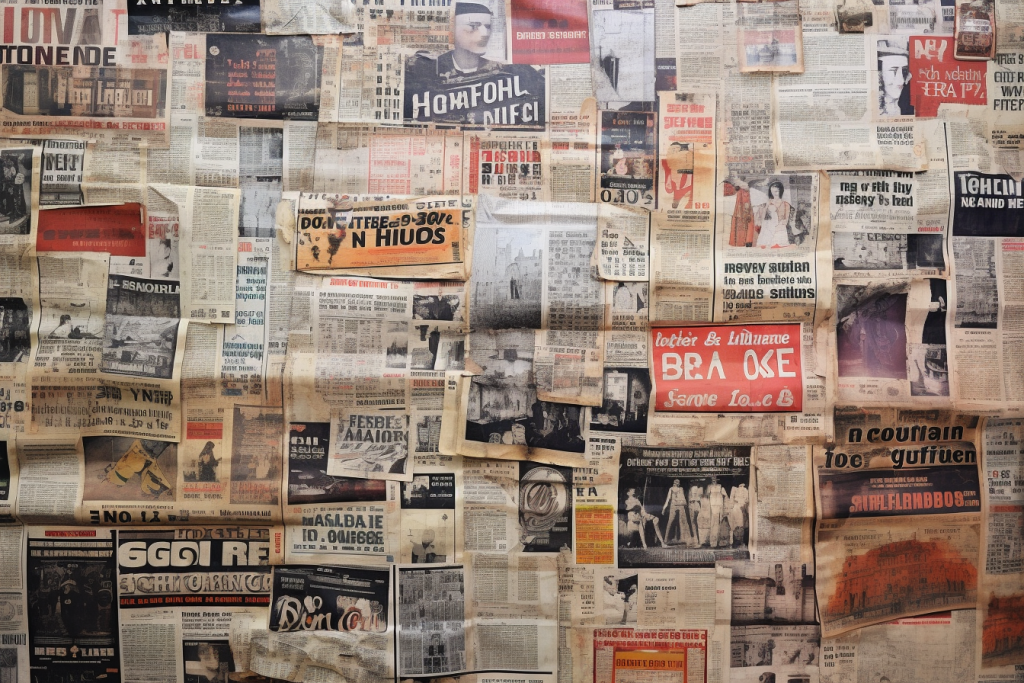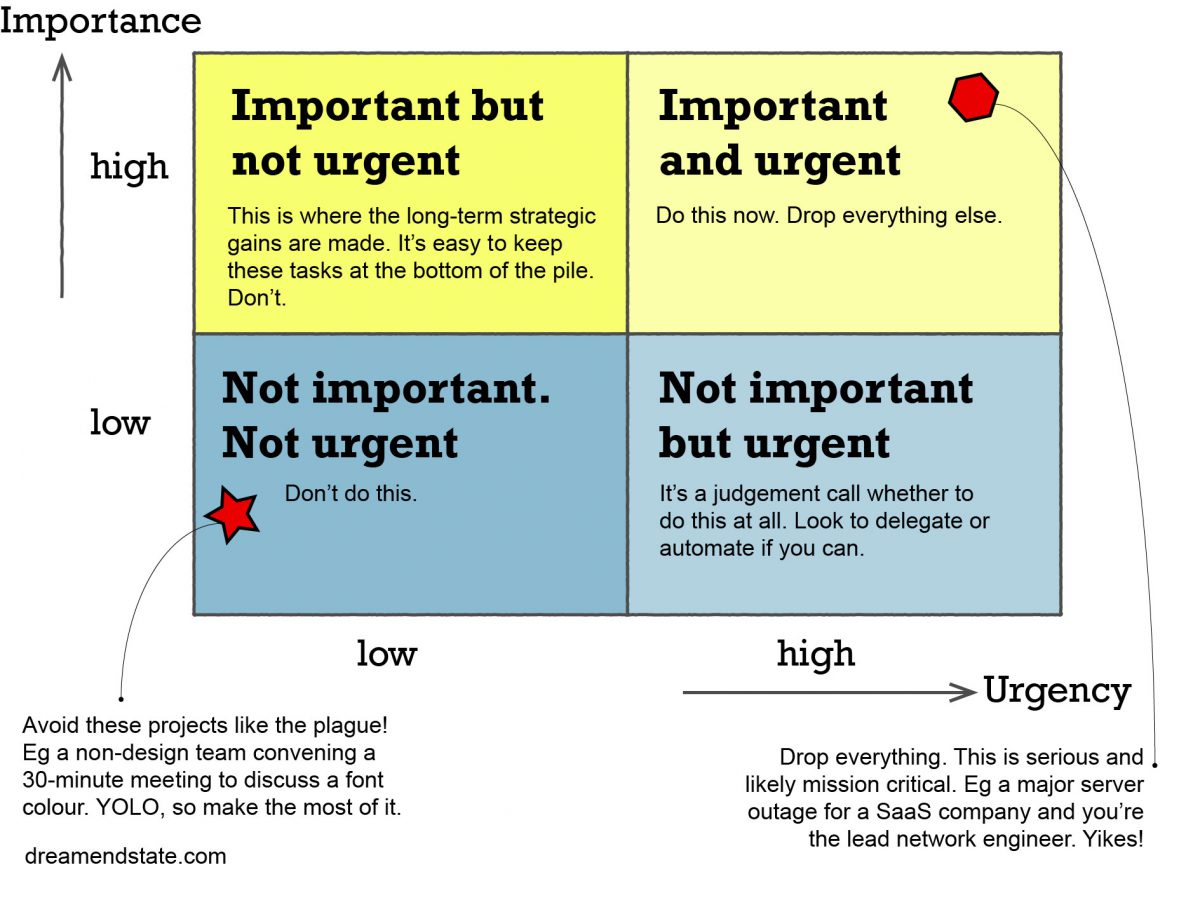
Mr Garvey was a standout character in Sprowston High School in the mid 1990s.
He arrived in classrooms late, moving quickly, as if he had learned of his assignment seconds before beaming from Supply Teacher Alphacenturi and materialising on to the melamine floor just outside the door.
“Settle down. SETTLE DOWN.”
Slim and upright, he had thick, short salt-and-pepper hair atop a short white beard, with florid complexion and closely set rheumy eyes.
When reading he wore small, silver wire glasses. He was immaculately dressed. I picture him in a light-blue cotton suit, with a navy woollen tank top, pale yellow shirt and a blue and yellow striped knitted tie knotted into a large full Windsor. He found his sartorial niche in the early 80s and stayed there. He was like a cast member of Rainbows at a wedding.
At all times Mr Garvey was carrying or attending to a Manila folder in which he kept newspaper clippings and whole newspapers yet to be clipped.
His teaching style was thermostatic. He took the register and asked us to work from our exercise books while he cut the newspapers. Children do what children do when unattended: they tend to disorder; whispering becomes talking, notes are passed, and banter and hi-jinx are had, until a critical decibel level is reached.
“SILENCE!”
The cycle repeats, the class is quiet at first but slowly gets louder before Mr Garvey erupts once more; each eruption more severe than the last.
A pupil looking over to Mr Garvey sat behind the teacher’s desk would tend to see one of three unfolding scenes. Mr Garvey would be
- cutting with oversized orange-handled scissored an article from the Eastern Daily Press or Evening News, or
- scratching his beard with the backs of his fingernails, chin in the air, eyes squinted, or
- lifting his glasses with one hand and dabbing his eyes with a chequered handkerchief with the other, like a pair of water fowl tending to their precious eggs.
Of course, all this made him a source of amusement for the pupils.
Yet I liked Mr Garvey and his classes. They were easy and I had a chance to get ahead.
And we sometimes laughed with him.
In one D&T class he made the mistake of leaving the class register on a shared bank of pupils’ desks. One of the bolshier kids noticed that Adrian Tipple’s name was written in pencil, so duly amended the surname to Nipple.
The anticipation built as Mr Garvey read down the register.
“Paul Smith”
– “yes, sir”
“Uh, Adrian, Adrian Nipple? Is that right?”
Uproar. The white-hot hilarity was unsurpassed in my life until that point.
I’m not sure what Mr Garvey did with his newspaper clippings. I recall he collected articles about the local history of Norwich and Norfolk; anything he found “interesting.” I hope he did something with those clippings. I hope he wrote a book.
I’ve been thinking about Mr Garvey as I’ve thought about the information I’ve accumulated and hoarded. My storage and retrieval methods are haphazard. They include: writing in Apple notes; writing notes in Word: an aborted attempt to write regularly on a WordPress blog; sending emails to myself, bookmarking in X, LinkedIn and the FT app; printing out papers and adding them to a drawer in my study; saving audio snippets in Audible, adding web links to my iPhone Home Screen; and folding over the corner of interesting pages in books I’m reading.
Despite this, I find myself regretting not making a note of something I’ve read or seen. An anecdote is at least 10X flimsier if the source can’t be located: “I read somewhere that [some diminished point]”. This is why I would welcome a wearable AI device that could track and store everything you read or listen to.
How useful would it be to run a search on all the information you had ever consumed?
There would be no need for newspaper clippings and Manila folders.

